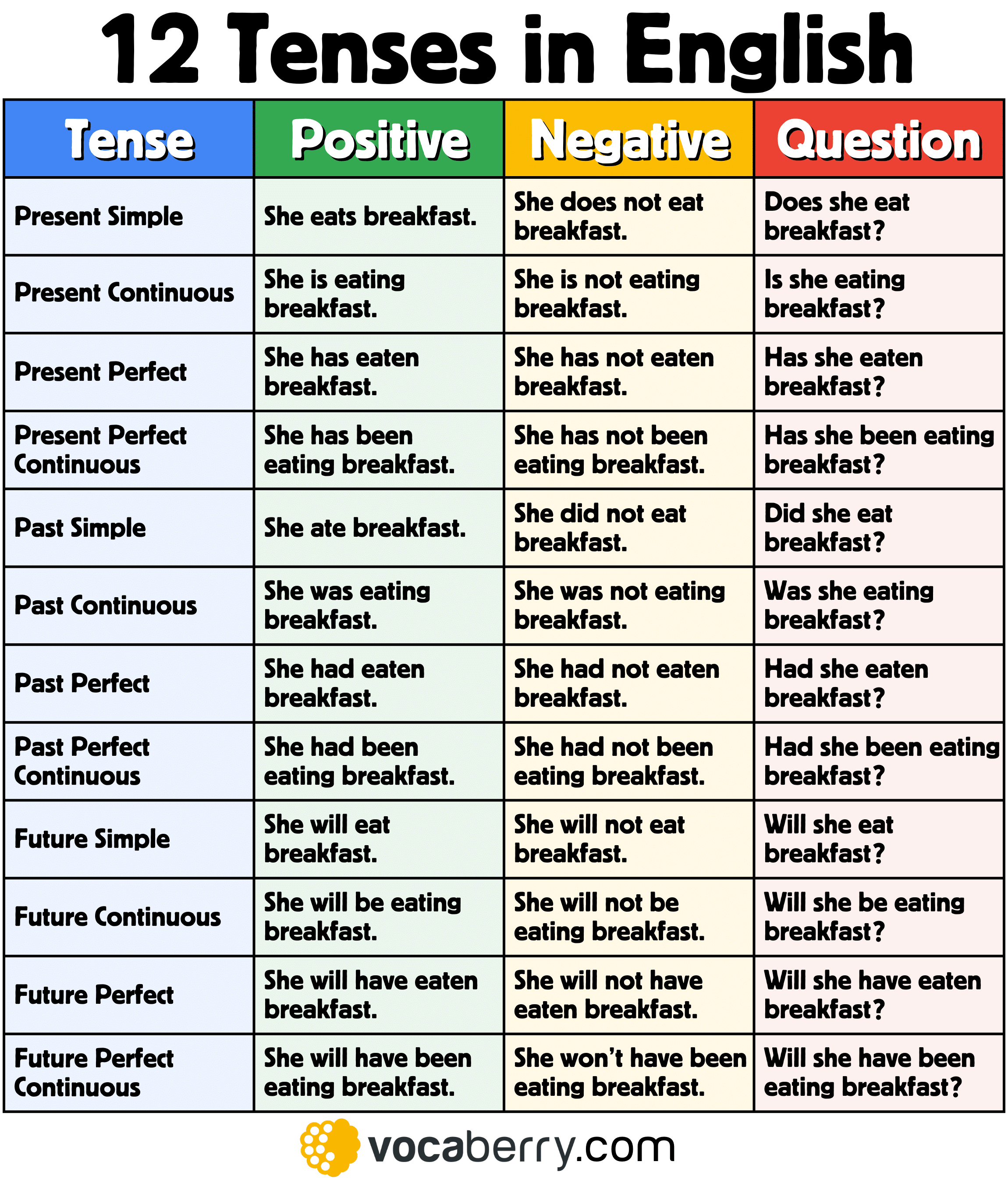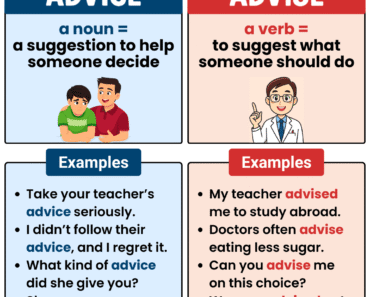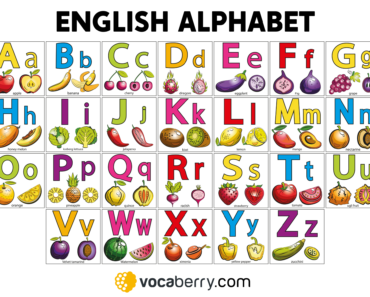
English tenses are an important part of grammar and help us describe actions in the past, present, and future. Learning all 12 tenses makes it easier to communicate clearly in both speaking and writing.
In this article, we will break down each tense with simple explanations and examples, making it easier for English learners to use them confidently in everyday situations.
12 Tenses in English – Structure and Examples
1. Present Simple Tense
Structure:
- Positive: Subject + base verb (+ s/es for he, she, it)
- Negative: Subject + do/does + not + base verb
- Question: Do/Does + subject + base verb?
Examples:
- The sun rises in the east.
- I drink coffee every morning.
- The train leaves at 5 PM.
2. Present Continuous Tense
Structure:
- Positive: Subject + am/is/are + verb(-ing)
- Negative: Subject + am/is/are + not + verb(-ing)
- Question: Am/Is/Are + subject + verb(-ing)?
Examples:
- She is reading a book.
- I am staying at a hotel this week.
- We are meeting them tomorrow.
3. Present Perfect Tense
Structure:
- Positive: Subject + have/has + past participle
- Negative: Subject + have/has + not + past participle
- Question: Have/Has + subject + past participle?
Examples:
- I have visited London.
- She has never tried sushi.
- They have lived here for five years.
4. Present Perfect Continuous Tense
Structure:
- Positive: Subject + have/has been + verb(-ing)
- Negative: Subject + have/has + not been + verb(-ing)
- Question: Have/Has + subject + been + verb(-ing)?
Examples:
- He has been studying for three hours.
- I am tired because I have been working all day.
5. Past Simple Tense
Structure:
- Positive: Subject + past verb (V2)
- Negative: Subject + did not + base verb
- Question: Did + subject + base verb?
Examples:
- She visited Paris last year.
- I played football when I was a child.
- She woke up, got dressed, and left.
6. Past Continuous Tense
Structure:
- Positive: Subject + was/were + verb(-ing)
- Negative: Subject + was/were + not + verb(-ing)
- Question: Was/Were + subject + verb(-ing)?
Examples:
- I was watching TV at 8 PM.
- She was reading when the phone rang.
7. Past Perfect Tense
Structure:
- Positive: Subject + had + past participle
- Negative: Subject + had + not + past participle
- Question: Had + subject + past participle?
Examples:
- He had left before I arrived.
- They had already eaten when we got home.
8. Past Perfect Continuous Tense
Structure:
- Positive: Subject + had been + verb(-ing)
- Negative: Subject + had + not been + verb(-ing)
- Question: Had + subject + been + verb(-ing)?
Examples:
- She had been studying for hours before the test.
- They had been waiting for an hour before the train arrived.
9. Future Simple Tense
Structure:
- Positive: Subject + will + base verb
- Negative: Subject + will + not + base verb
- Question: Will + subject + base verb?
Examples:
- I will call you later.
- It will rain tomorrow.
10. Future Continuous Tense
Structure:
- Positive: Subject + will be + verb(-ing)
- Negative: Subject + will + not be + verb(-ing)
- Question: Will + subject + be + verb(-ing)?
Examples:
- At 8 PM, I will be studying.
- She will be waiting for you when you arrive.
11. Future Perfect Tense
Structure:
- Positive: Subject + will have + past participle
- Negative: Subject + will + not have + past participle
- Question: Will + subject + have + past participle?
Examples:
- By next year, I will have finished my studies.
- They will have left by the time you get there.
12. Future Perfect Continuous Tense
Structure:
- Positive: Subject + will have been + verb(-ing)
- Negative: Subject + will + not have been + verb(-ing)
- Question: Will + subject + have been + verb(-ing)?
Examples:
- By 2025, she will have been working here for ten years.
- By next summer, they will have been traveling for six months.
Tenses in English – Quiz
1. She ___ (go) to school every day. (Present Simple)
a) go
b) goes
c) going
2. They ___ (visit) their grandparents last weekend. (Past Simple)
a) visits
b) visited
c) visiting
3. She ___ (call) you later. (Future Simple)
a) will call
b) calls
c) is calling
4. He ___ (live) in this city for five years. (Present Perfect)
a) has lived
b) lived
c) is living
5. By next year, I ___ (graduate). (Future Perfect)
a) will graduate
b) will have graduated
c) am graduating
6. They ___ (watch) TV when I arrived. (Past Continuous)
a) watched
b) were watching
c) was watching
7. Right now, she ___ (read) a book. (Present Continuous)
a) is reading
b) reads
c) read
8. By 10 PM, we ___ (sleep) for two hours. (Future Perfect Continuous)
a) will have been sleeping
b) will sleep
c) will be sleeping
9. The cake ___ (bake) before the guests arrived. (Past Perfect)
a) had been baked
b) was baking
c) has baked
10. The results ___ (announce) before the end of the day. (Future Passive)
a) will be announced
b) will announce
c) will have announced
Quiz Answers
1) goes
2) visited
3) will call
4) has lived
5) will have graduated
6) were watching
7) is reading
8) will have been sleeping
9) had been baked
10) will be announced






